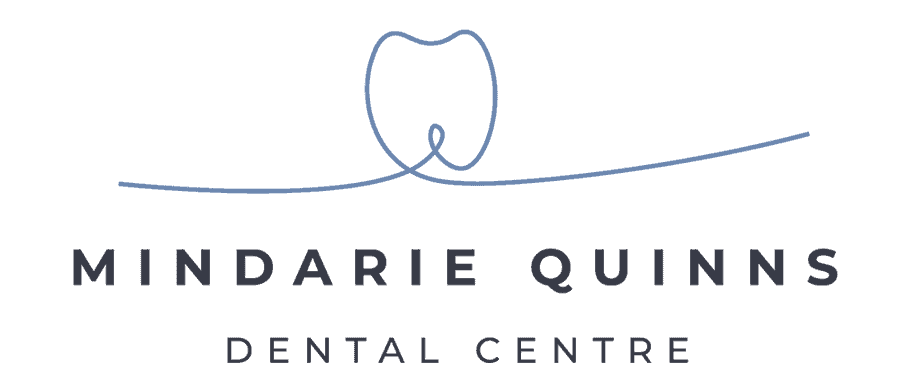How WebCity Orthodontist Works
Orthodontists Australia is a small group of dental professionals that represents orthodontists in Àustralia. The organization works to promote the interests of orthodontists and to advance the profession of orthodontics. We will look into the reasons why people might have a fear of dental treatment. Receiving treatment can be a daunting experience for a lot of people, but with the right information, it can be a` much more pleasant experience. Braces are a great way to improve your smile and your dental health. However, there are some people who have a fear of braces. There are a few reasons why this may be the case. Pain, embarrassment, and anxiety are all common reasons why people may have a fear of braces. Pain is one of the most common reasons why people have a fear of braces. The thought of having metal in your mouth can be very painful.
Many people who have braces also have a fear of the pain that they will experience when they have their braces removed. Embarrassment is another common reason why people have a fear of braces. Many people feél self-conscious about their appearance when they have braces. They may feel like they are being stared at or that they are not as attractive as they would like to be. Anxiety is another common reason why people have a fear of braces. Many people worry about the way that their teeth will look after treatment, but this is something that should be discussed with your orthodontist during your initial consultation. Braces come in a huge array of colours, making it easy to find something that will suit you. Invisalign clear braces are also available for people who are worried about the appearance of their teeth.
WebCity Orthodontist FAQs
Does Medicare cover braces in Australia?
How much do braces actually cost an orthodontist?
Can you get free braces in Australia?
Is Invisalign better than braces?
Invisalign is a newer technology that is designed to be more aesthetically pleasing and less noticeable than braces.
Is Invisalign cheaper than braces?
The cost of Invisalign is often similar to the cost of braces, but it can vary depending on the individual case. In some cases, Invisalign may be cheaper than braces, while in other cases, braces may be cheaper than Invisalign.
What color is best for braces?
Some people prefér to have their braces match their natural tooth color, while others prefer to have them stand out. There are many different colors of braces available, so it is ultimately up to the individual to decide what color they prefer.



